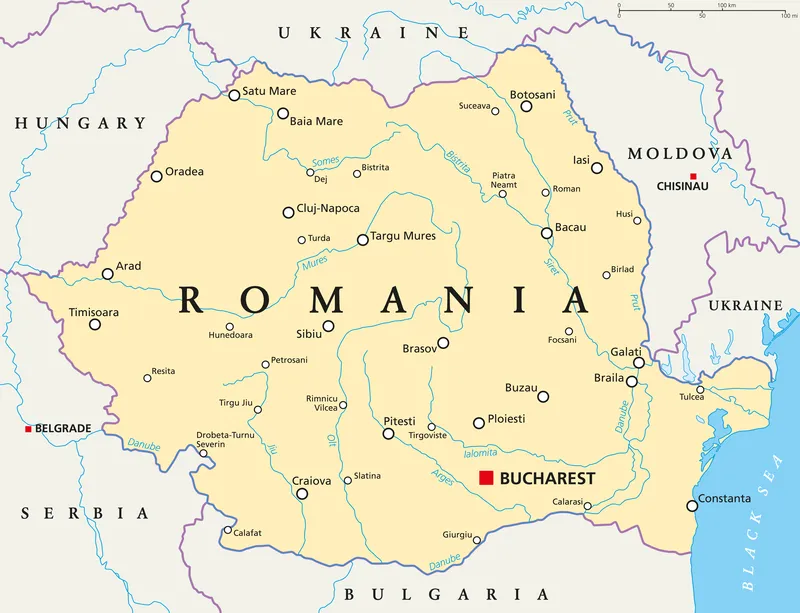Greek contractor Aktor is currently preferred bidder for construction of Bulgaria’s new Trakia highway. This road will link Nova Zagora and Yambol and the plan calls for the highway to be complete within a 25-month period. Apart from Aktor, bids were also submitted by ten companies.
May 30, 2012
Read time: 1 min
Greek contractor 1570 Aktor is currently preferred bidder for construction of Bulgaria’s new Trakia highway. This road will link Nova Zagora and Yambol and the plan calls for the highway to be complete within a 25-month period. Apart from Aktor, bids were also submitted by ten companies.






